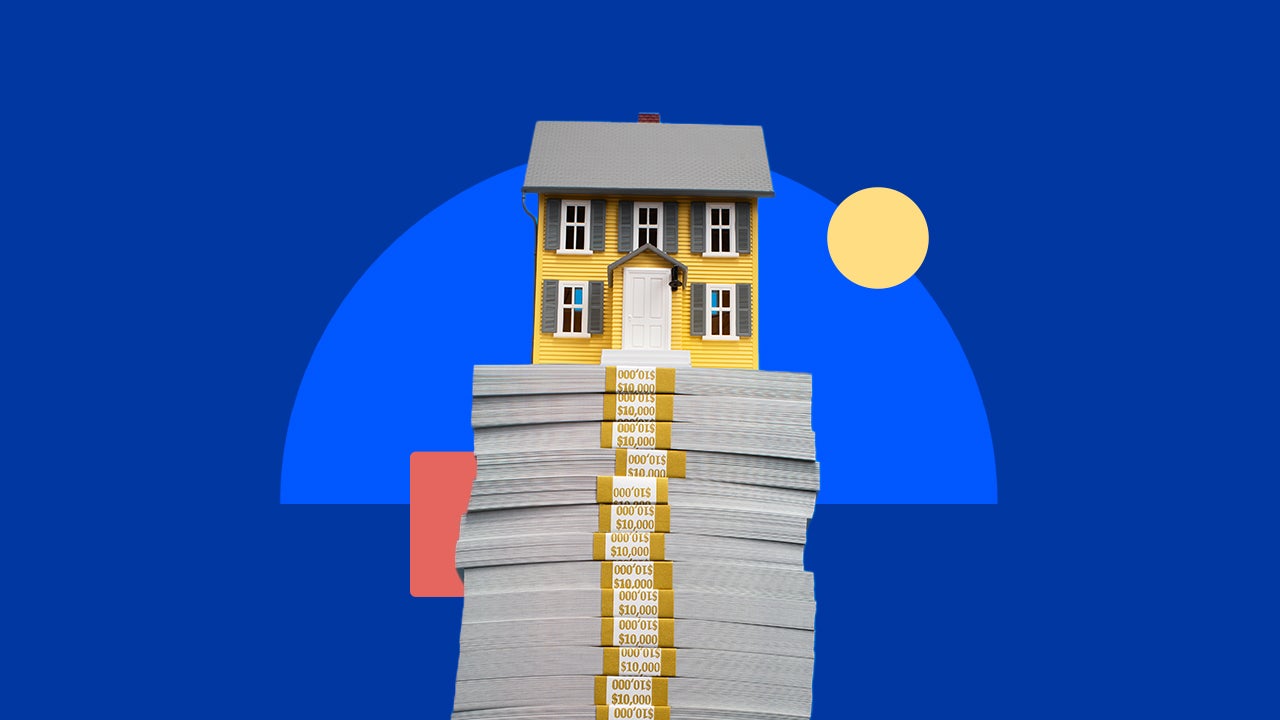Economic uncertainty might keep mortgage rates stuck this year, experts say

Mortgage rates could stay within a narrow range for the remainder of 2025, according to a poll by Bankrate, making it harder for homebuyers and homeowners with higher rates to time their choices to buy or refinance.
The quarterly poll, which asks experts for their expectations on the 10-year Treasury yield and 30-year mortgage rates, was conducted from March 20 to March 26, 2025.
Will mortgage rates go down further this year?
Among the experts polled, the average 30-year rate prediction for all of 2025 was 6.66 percent. The predictions ranged from 6.4 percent to as high as 7.5 percent.
Most experts also predicted rates to decline as the year wears on. When asked where the average 30-year rate might be at the end of 2025, the average expectation was 6.41 percent. In all, the expectations ranged from 5.88 percent to 7 percent.
Mortgage rates will be caught in the mix between a Fed on the sidelines, higher inflation and lower growth worries.
— Oren Klachkin Financial Market Economist, Nationwide
In addition to 30-year mortgage rates this year, experts offered longer-term predictions about the 10-year Treasury yield. When asked where the 10-year yield might be in March 2026, the average expectation was 4.24 percent.
Thirty-year mortgage rates are often tied to the 10-year yield. Historically, the spread between the two has been around 1.5 to 2 percentage points (or 150 to 200 basis points), but that’s widened in recent years, even exceeding 3 points.
“Mortgage rate spread is likely to remain elevated and range around 200 to 230 basis points,” says Selma Hepp, chief economist for Cotality. “Similar to other economic uncertainties, potential for a mortgage market shakeup is likely to keep the spread elevated. In addition, continued lack of investor presence as well as rising recession risks are likely to keep the spread elevated.”
Tariffs, persistent inflation and developments in the job market will also continue to impact mortgage rates this year. (Note: Our poll was completed prior to the tariffs announcement on April 2.)
Tariffs, specifically, could increase inflation and slow the economy, says Melissa Cohn of William Raveis Mortgage, keeping rates from straying out of a narrow range.
The prospect of stagflation — when the economy slows, but prices rise — or even a recession could be a factor, as well.
“Economic stagnation or recession could, counter-cyclically, push mortgage rates lower, especially if the Fed reacts to economic weakness by accelerating rate cuts,” says Mark Fleming, chief economist for First American. “Even the uncertainty alone of what’s to come can make mortgages less expensive.”
“Mortgage rates will be caught in the mix between a Fed on the sidelines, higher inflation and lower growth worries,” says Oren Klachkin, financial market economist for Nationwide. “On balance, we think this keeps mortgage rates elevated and prevents an unlocking of housing activity.”
Why we ask for feedback Your feedback helps us improve our content and services. It takes less than a minute to complete.
Your responses are anonymous and will only be used for improving our website.




